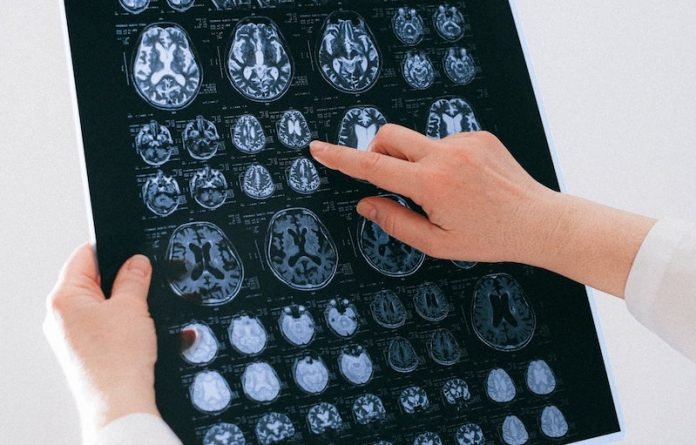
Scientists from Houston Methodist found that COVID-19 infections may have both short- and long-term brain effects.
COVID-19 infections may predispose people to develop irreversible brain conditions, may increase the likelihood of strokes, and may increase the chance of developing persistent brain lesions that can lead to brain bleeding.
The research is published in the journal Ageing Research Reviews and was conducted by Joy Mitra et al.
COVID-19 is known to invade and infect the brain, among other major organs.
While a lot of research has been done to help us understand the evolution, infection, and pathology of the disease, there is still a great deal that remains unclear about the long-term effects, especially on the brain.
The coronavirus infection can cause long-term and irreversible neurodegenerative diseases, particularly in the elderly and other vulnerable populations.
Several brain imaging studies on COVID-19 victims and survivors have confirmed the formation of microbleed lesions in deeper brain regions related to our cognitive and memory functions.
In this study, researchers evaluated the possible chronic brain outcomes in older people and high-risk populations if timely therapeutic intervention is not done.
Microbleeds are emerging neuropathological signatures frequently identified in people suffering from chronic stress, depressive disorders, diabetes, and age-associated health problems.
The team discussed how COVID-19-induced microhemorrhagic lesions may exacerbate DNA damage in affected brain cells, resulting in activation of cell death mechanisms.
These conditions resemble hallmarks of neurodegenerative conditions like Alzheimer’s and Parkinson’s diseases and are likely to aggravate advanced-stage dementia, as well as cognitive and motor deficits.
The effects of COVID-19 infection on various aspects of the brain are currently being studied.
For instance, 20-30% of COVID-19 patients report a lingering psychological condition known as “brain fog”.
More severe long-term effects include predispositions for Alzheimer’s, Parkinson’s and related neurodegenerative diseases, as well as cardiovascular disorders due to internal bleeding and blood clotting-induced lesions in the part of the brain that regulates our respiratory system, following the COVID-19 symptoms.
Additionally, cellular aging is thought to be accelerated in COVID-19 patients. .
The study also suggests various strategies to improve some of these long-term brain problems.
The team says that the fight against COVID-19 is far from over and that getting vaccinated and maintaining proper hygiene are key in trying to prevent such long-term and detrimental brain diseases.
If you care about COVID, please read studies about the antibodies that block all the COVID-19 variants, and Vitamin D level could determine severity of COVID-19 infection.
For more information about COVID, please see recent studies about a major cause of COVID-19 death in older people, and results showing common asthma drug could help treat COVID-19.
Copyright © 2022 Knowridge Science Report. All rights reserved.



